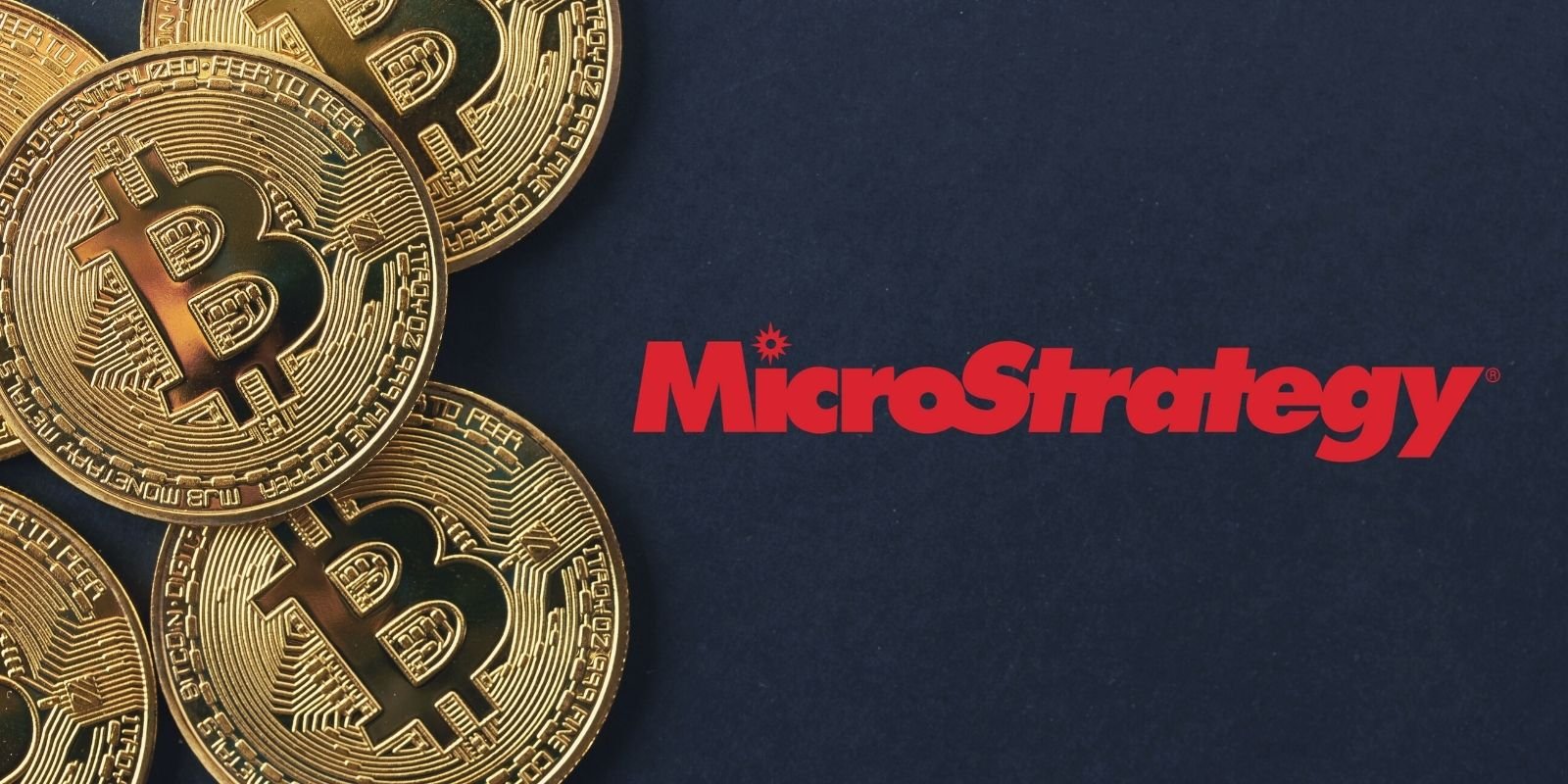MicroStrategy’s Bitcoin Bet Faces Growing Pressure Amid Market Uncertainty
26.02.2025 10:00 1 min. read Alexander Stefanov
MicroStrategy's stock has fallen over 55%, raising concerns about whether the company could be forced to sell its substantial Bitcoin holdings, which total nearly 500,000 BTC worth $43.7 billion.
Despite its strategy of accumulating Bitcoin at an average price of $66,350 per coin, questions are emerging about whether recent market conditions could trigger liquidation.
The company funds its Bitcoin purchases through methods like issuing 0% convertible notes and selling stock, maintaining a $43.4 billion Bitcoin portfolio and $8.2 billion in debt.
Much of the debt is due in 2028, reducing immediate risks. However, a forced liquidation would require either bankruptcy or a shareholder decision to dissolve the company, which is unlikely given Michael Saylor’s 47% voting control.
A major price decline in Bitcoin would have to happen for a liquidity crisis, but Saylor has dismissed such concerns, even joking that MicroStrategy would buy more Bitcoin if prices fell drastically. If Bitcoin and MicroStrategy’s stock continue to slide, the company may struggle to raise capital, threatening its strategy and long-term viability.
Investors now face a tough choice: continue supporting the firm’s high-risk Bitcoin bet or reevaluate their investments.

-
1
Tether Considers Launching U.S.-Based Stablecoin for Institutional Clients
08.04.2025 11:00 2 min. read -
2
Pump.fun Faces Decline Amid Lawsuits and Hacking Scandals
30.03.2025 10:00 2 min. read -
3
MARA Holdings Launches $2 Billion Stock Offering to Expand Bitcoin Stash
30.03.2025 16:06 1 min. read -
4
Crypto Adoption Soars in South Korea as Investor Numbers Reach 16 Million
31.03.2025 10:00 2 min. read -
5
Binance Suspends Employee Over Insider Trading Allegations
25.03.2025 13:19 1 min. read
Trump’s Threat to Fire Fed Chair Raises Alarms Over Market Stability and Crypto Impact
Anthony Pompliano has voiced strong opposition to Donald Trump’s recent push to remove Federal Reserve Chair Jerome Powell, warning that such a move could damage the credibility of the U.S. financial system.
Swiss Supermarket Rolls Out Lightning-Powered Bitcoin Payments
A supermarket in Zug, Switzerland, has begun accepting Bitcoin payments, adding to the country’s expanding list of crypto-friendly retailers.
Here’s How the Top Cryptocurrencies Are Performing as Market Volatility Fades
After a period of uncertainty and major price volatility for the stock and crypto markets amid Trump’s tariff turmoil, investors are seemingly more calm.
U.S. State Targets Coinbase as Federal Crypto Crackdown Fades
As Washington pulls back on its crypto enforcement, Oregon is stepping up.
-
1
Tether Considers Launching U.S.-Based Stablecoin for Institutional Clients
08.04.2025 11:00 2 min. read -
2
Pump.fun Faces Decline Amid Lawsuits and Hacking Scandals
30.03.2025 10:00 2 min. read -
3
MARA Holdings Launches $2 Billion Stock Offering to Expand Bitcoin Stash
30.03.2025 16:06 1 min. read -
4
Crypto Adoption Soars in South Korea as Investor Numbers Reach 16 Million
31.03.2025 10:00 2 min. read -
5
Binance Suspends Employee Over Insider Trading Allegations
25.03.2025 13:19 1 min. read

